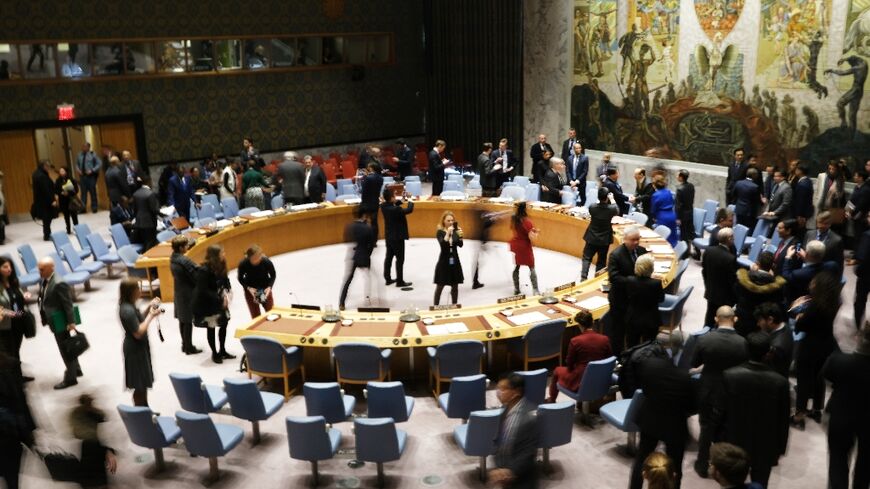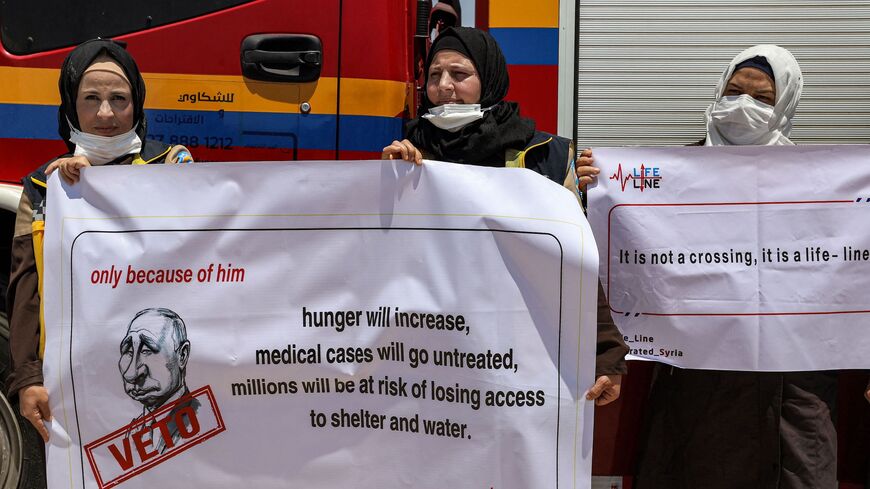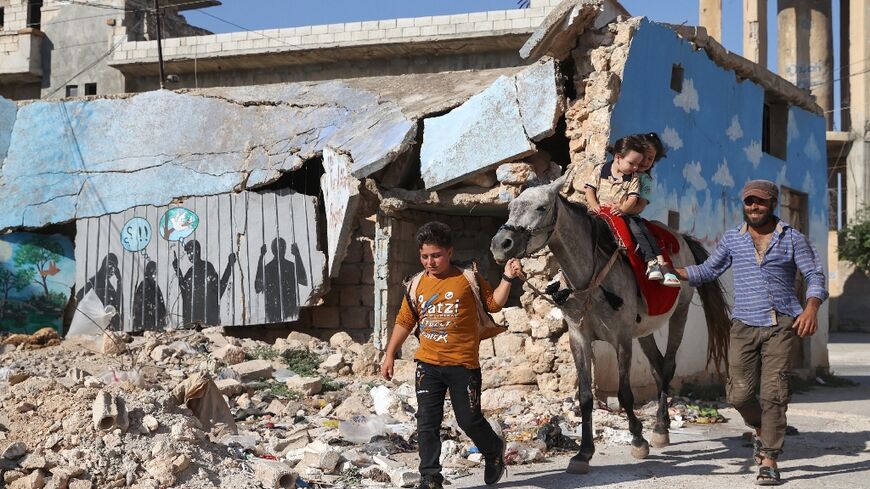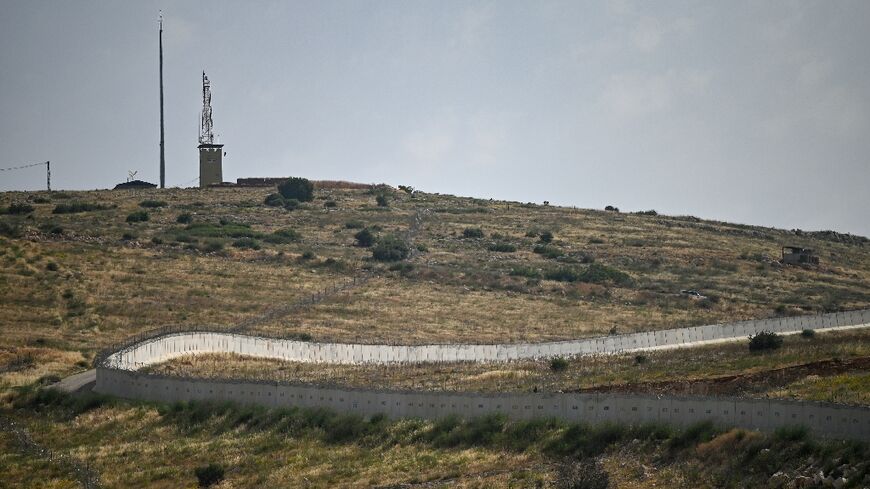UN Security Council at impasse over cross-border Syria aid
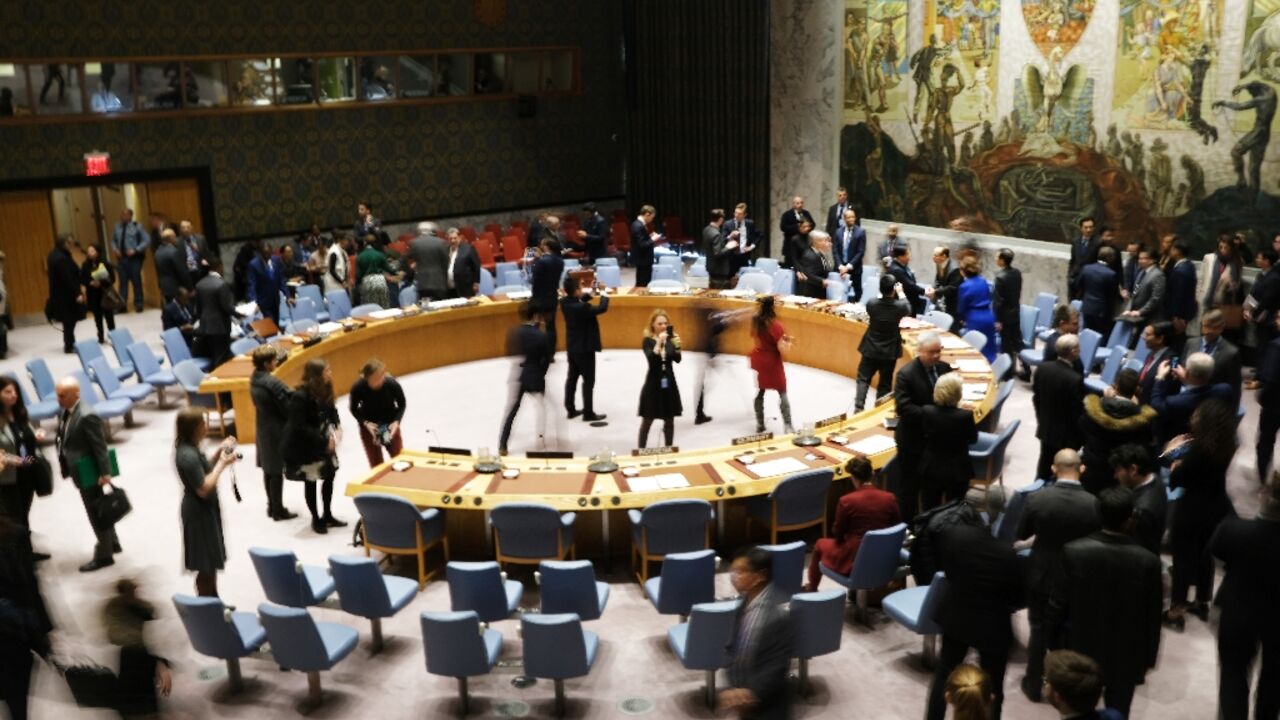
Russia on Friday vetoed a UN Security Council resolution that would have extended cross-border aid to Syria by one year without Damascus's backing.
Western powers then voted down a competing resolution put forward by Moscow that proposed extending approval by just six months.
The authorization for the aid deliveries across the Syrian-Turkish border at Bab al-Hawa, which has been in effect since 2014, is set to expire Sunday.
The aid is a lifeline for more than 2.4 million people in the northwestern Idlib region of Syria, under the control of jihadists and rebels.
Thirteen of the fifteen Council members voted in favor of the text proposed by Norway and Ireland. China, which often votes the same way as Russia, chose to abstain.
The vote had been due to be held Thursday but was scrapped following disagreement between Russia and the West.
The Norway-Ireland text would have provided for a six-month extension until mid-January 2023, and then an additional six-month extension "unless the Council decides otherwise."
The extension would also be conditional on a "substantive report" by the secretary-general, including on the operation's transparency, progress on channeling aid across the front line, and progress on meeting humanitarian needs.
That text was already "an extreme compromise," said America's ambassador to the UN, Linda Thomas-Greenfield, accusing Russia of putting its "own political interests above the humanitarian needs of the Syrian people."
"Tragically people will die because of this vote," she told the chamber.
British ambassador Barbara Woodward said Moscow had deployed a "deeply irresponsible veto that will have a tragic impact."
Russia's deputy ambassador to the world body, Dmitry Polyanskiy, meanwhile accused the west of "stubbornness" and said the resolution "ignored the sovereignty of Damascus."
- 'Last lifeline' -
The United States, France and Britain voted against Russia's draft text, while the 10 non-permanent members of the Security Council abstained. Moscow secured Beijing's vote.
Western nations had deemed the text unacceptable, as there is no guarantee of an extension at the start of the new year.
For resolutions to be adopted, at least nine of the 15 members must support it with none of the permanent members wielding their veto.
Sunday's deadline still leaves time for members of the Security Council to find common ground, observers note.
Diplomats said the council's non-permanent members may propose a nine-month extension to try to break the impasse.
Nearly 10,000 trucks loaded with humanitarian aid passed through Bab al-Hawa last year, bound for Idlib.
It is the only crossing through which aid can be brought into Idlib without navigating areas controlled by Syrian government forces.
Moscow, an ally of Damascus, has curtailed a number of Western-backed measures in recent years, using its veto 17 times in relation to Syria since the war's outbreak in 2011.
Russia views the authorization as a violation of Syria's sovereignty, and believes the delivery of aid to the northwest region should only be carried out from Damascus across the front line.
Russia had hinted in recent months that it would oppose an extension, having already forced a reduction in the number of allowed border crossings.
Dozens of NGOs and several senior UN officials had lobbied Security Council members for the year-long cross-border aid clearance.
Amnesty International warned of dire consequences from Moscow's veto.
"The Russian veto will effectively close the last lifeline for at least four million people in northwest Syria who depend on UN aid for survival," the rights group's secretary general, Agnes Callamard, said in a statement.
"This will only exacerbate the humanitarian crisis but will also lead to a humanitarian catastrophe."


